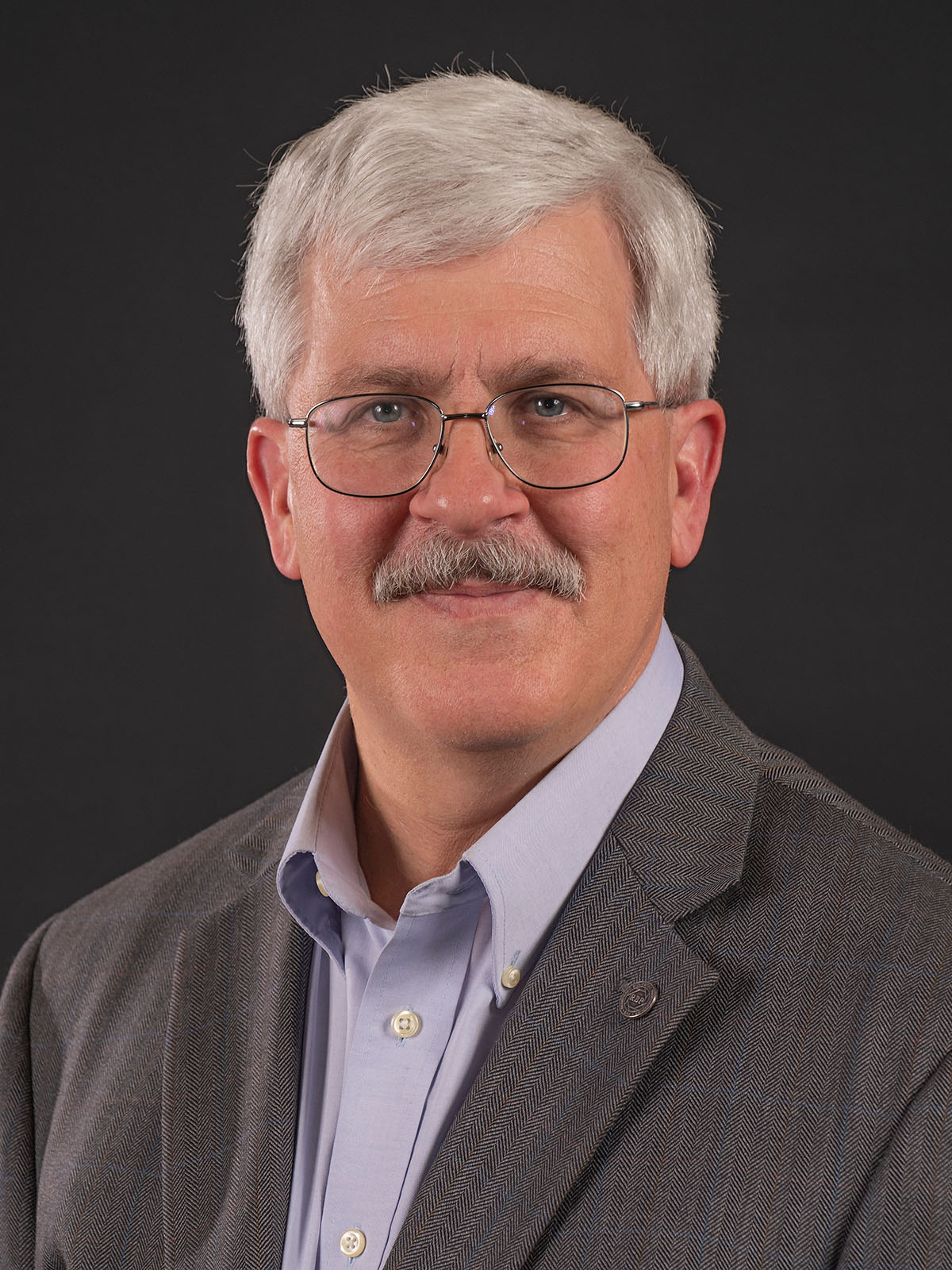The Ethics of Image Manipulation in Scientific Images
Aug 19, 2025
The BCA Spotlight series highlights image makers who incorporate science/medicine, creativity and technique in their work. It touches upon current ideas and solutions to image-based problems.
When: Aug 19, 2025 07:00 PM Eastern Time (US and Canada)
Click here to register in advance for this meeting! After registering, you will receive a confirmation email containing a Zoom link to join the meeting on August 19, 2025.
Scientific images are used for both documentary purposes as well as a source for experimental data and can sometimes be altered in ways that affect the very results they are trying to validate. Additionally, improper image manipulation in scientific research that is funded by government agencies can result in broad questioning of their scientific conclusions and are open to regulation and oversight by those agencies. This presentation is part of a larger topic on Responsible Conduct in Research for the Office of Research Integrity (part of the US department of Health and Human Services). It explores the consequences of image manipulation and misuse, along with some specific examples of both what can be deemed acceptable and what cannot. It touches on concepts such as standardized acquisition parameters, image manipulation with software and the use of Artificial Intelligence to both help and hurt the cause.
 James Hayden, RBP, FBCA is Managing Director of the Imaging Shared Resource at The Wistar Institute in Philadelphia, PA USA, a Registered Biological Photographer, Fellow of the BCA and Louis Schmidt Laureate. He is also the current president of the Biocommunications Association and has written papers, book chapters and presented on this topic since 1999, when digital imaging was just hitting the mainstream. Jamie’s primary area of expertise lies in high-end photomicrography for cancer research and vaccine development and this talk reflects issues that he has recognized with both new and advanced users of microscopy equipment in scientific research. It has become part of the core curriculum for Wistar Trainees (undergraduate and graduate students, pre-docs, post-docs) and expands on part of the program from BIOCOMM 2025 in Tucson this past May.
James Hayden, RBP, FBCA is Managing Director of the Imaging Shared Resource at The Wistar Institute in Philadelphia, PA USA, a Registered Biological Photographer, Fellow of the BCA and Louis Schmidt Laureate. He is also the current president of the Biocommunications Association and has written papers, book chapters and presented on this topic since 1999, when digital imaging was just hitting the mainstream. Jamie’s primary area of expertise lies in high-end photomicrography for cancer research and vaccine development and this talk reflects issues that he has recognized with both new and advanced users of microscopy equipment in scientific research. It has become part of the core curriculum for Wistar Trainees (undergraduate and graduate students, pre-docs, post-docs) and expands on part of the program from BIOCOMM 2025 in Tucson this past May.
